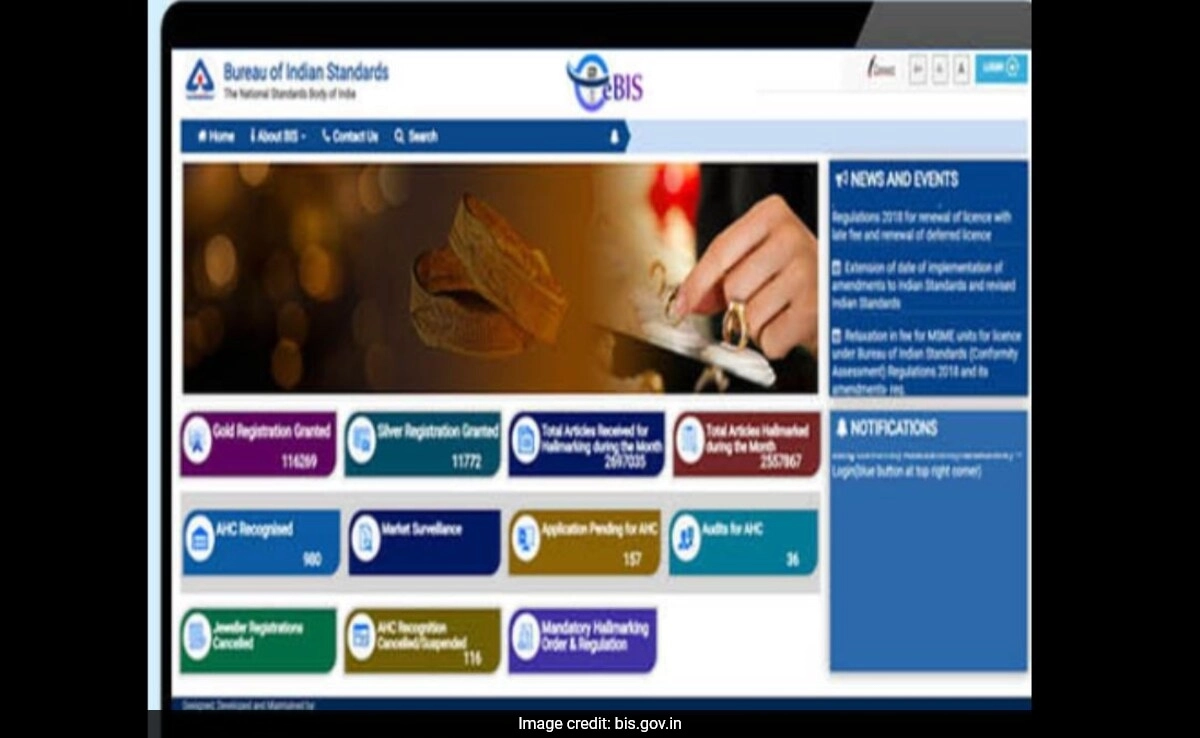In a significant crackdown, authorities in Assam have arrested over 30 individuals for allegedly posting pro-Pakistan content on social media following a violent attack in Jammu and Kashmir. This operation is part of a broader effort by the government to curb the spread of misinformation and incendiary narratives that could incite violence or disrupt public order. The arrests came in the wake of a recent incident in which militants targeted security forces in J&K, leading to heightened tensions across the country. In the digital age, social media has become a double-edged sword; while it serves as a platform for free expression, it can also be exploited for spreading extremist ideologies and inciting hatred.
The Assam police launched a detailed investigation after discovering a surge of social media posts glorifying the attackers and promoting anti-national sentiments. Many of the arrested individuals were found to be sharing content that was not only inflammatory but also aligned with the narratives propagated by extremist groups. Law enforcement officials emphasized the importance of maintaining national integrity and public safety, particularly in the face of escalating violence in sensitive regions like Jammu and Kashmir. The state government has reiterated its commitment to take stringent action against anyone attempting to undermine the peace and stability of the nation.
Local communities have expressed mixed reactions to the arrests. While some applaud the government’s proactive stance in tackling potential threats to national security, others voice concerns about the implications for free speech. Activists argue that the crackdown could lead to a chilling effect on open discourse, particularly in a diverse country like India, where differing opinions are often expressed on platforms like Facebook and Twitter. Critics of the arrests suggest that the authorities should focus on educating citizens about responsible social media use rather than resorting to heavy-handed measures.
As the situation unfolds, the government is likely to face continued scrutiny regarding its approach to managing online content and the balance between security and civil liberties. The incident in Assam serves as a reminder of the critical need for vigilance in the digital age, where the rapid dissemination of information can have far-reaching consequences. Ultimately, fostering a culture of responsible social media usage while ensuring national security remains a complex challenge that requires cooperation between authorities, tech companies, and the public at large.




